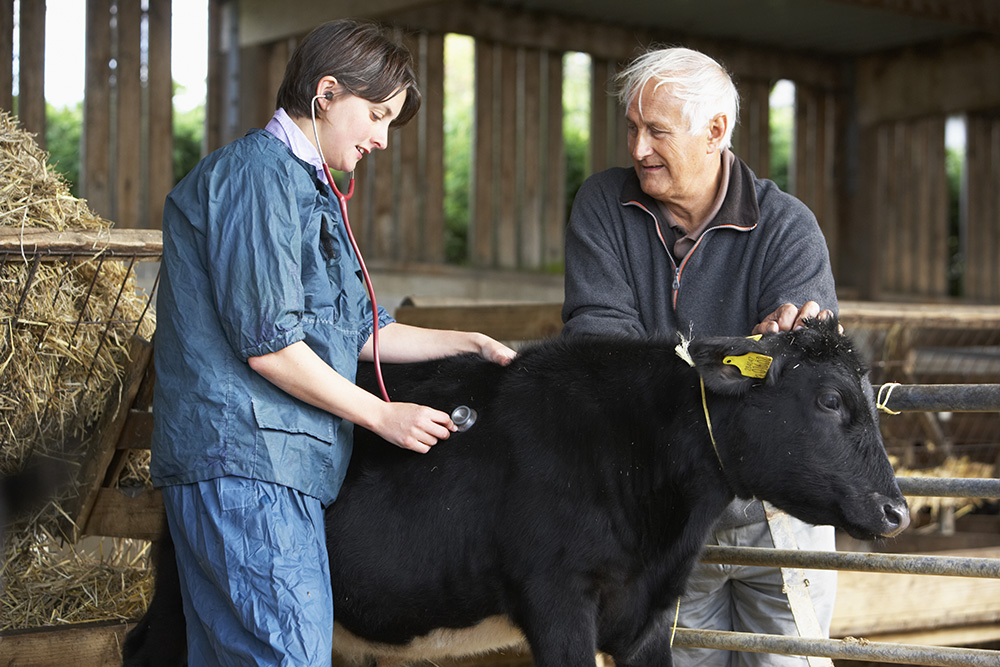
British vets have called on the government after a survey showed a third of vets have been affected by a lack of access to facilities.
A British Veterinary Association (BVA) survey shows that, where there have been changes to post-mortem facilities since 2014, a third of vets affected thought their access to facilities had deteriorated and, where there have been laboratory closures, three-quarters of vets had seen carcase submission rates decline.
"Disease is unpredictable, particularly new diseases and novel strains of diseases in our increasingly globalised world," said Gudrun Ravetz, president of the BVA.
"As a country we need to be alert to the threat posed to our livestock, food chain and agricultural business by disease incursions.
Disease control
Disease control was identified by BVA members as one of their top three highest priorities in relation to Brexit, with veterinary surgeons specifically citing zoonotic disease and a ‘break down in surveillance communication’ amongst the issues they are most worried about.
"While we understand the need to update and, in places, consolidate laboratory services, our survey figures show how the closure of laboratories and the cutting of resource to APHA services affect vets' and farmers’ access to laboratories.
"Vets’ frontline roles must be recognised and supported, backed up by an effective, coordinated system of data capture that will enable us to make the necessary links to detect and control new disease threats, protect food safety and safeguard animal and human health."
As the UK's plans for exiting the EU progress, BVA is calling on the UK Government to ensure resources for existing disease control and eradication programmes and surveillance systems are maintained to ensure the UK has effective and adequately resourced systems for detecting new and emerging diseases.
